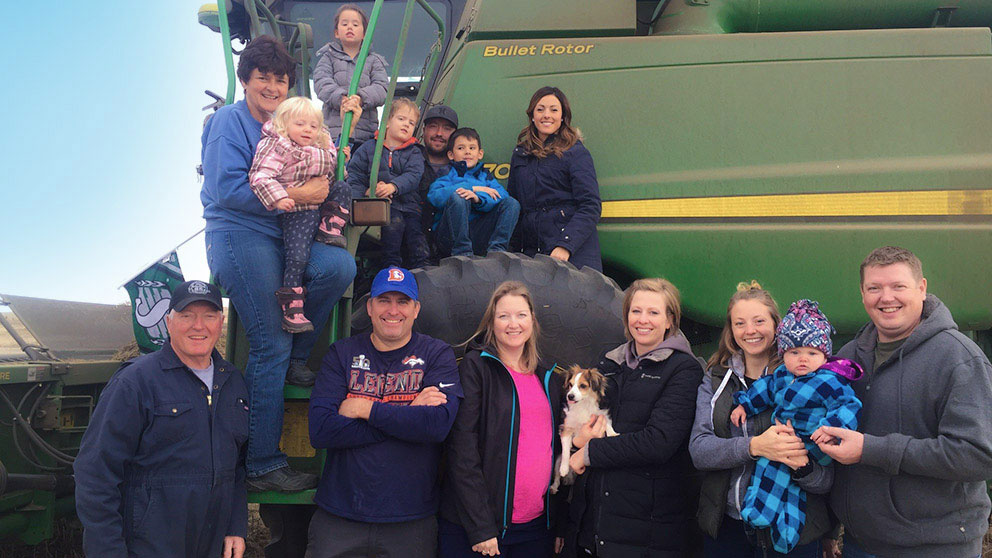How to turn the farm peacemaker into a successful facilitator

Someone on the family farm — Mom, Dad, Uncle, Grandma, Grandpa — is the natural go-to person when there’s an issue with the business. They are the calm intermediary everyone relies on. And often, they’re the one expected to be the problem-solver or peacemaker.
If you’re the go-to for issues on the farm, maybe it’s time to adopt the role of facilitator.
But for the intermediary, the role may be considered a burden. They may even feel stuck in the middle.
A shift in thinking and awareness of a few important skills could be an opportunity to formalize that reliable go-to person into the role of a facilitator.
Facilitation opportunities
A mediator works to reach an agreement to settle a dispute, whereas a facilitator works to coax fruitful discussion without ignoring the issue at hand.
Patti Durand, agriculture transition specialist, says the role of a family member as a facilitator depends a lot on the family’s dynamics.
Durand comes from an open, communicative family, and in such families, there are members capable of wearing the facilitator’s hat.
Proceed with caution
That isn’t always the case, though. Farm family transition coach Elaine Froese warns families — and the person adopting the role of facilitator — to proceed with caution. If there is a long-simmering family feud, bring in a professional mediator. Anything else can be a “recipe for disaster.”
“Mediators need to be neutral, and most family members are biased,” she says.
In her experience, farm families who tried to resolve major conflicts themselves only created more anger and dysfunction.
“It’s so much more effective when you have someone who’s not emotionally tied to the outcome,” Froese states.
The right skills
As a facilitator nurturing fruitful discussions, adopting the role of intermediary requires a special set of skills.
Firstly, the facilitator should allow others to express emotions while maintaining respectful communication.
Froese created an online conflict dynamic profile assessment to help determine good conflict skills and identify destructive behaviour and hot buttons.
“When you get good at attacking the problem or challenge, rather than demeaning the person, you become unstoppable,” she says.
Other important skills that facilitators need include:
openness to possibilities
solution-oriented
adaptability, so you can judge what’s working and what isn’t, or when to take a break
Finally, don’t shy from conflict.
“Embrace it as a way to create certainty and solutions,” Froese says.
Creating conversation
Nurturing conversation as a facilitator can require many open, probing questions, such as:
What’s the most important thing for us to talk about?
What do you want that you’re not getting?
What do we both want as an outcome?
Why are you angry – is it fear, hurt or frustration, or a combination of all three?
To coax fruitful discussion, Froese points out there are some pitfalls to watch for:
Set boundaries, including requesting the family be open to discussing possible solutions and finding other ways to approach a situation
Reject perpetuating the role of the unofficial complaints department
Know your strengths
Recognize when it’s time to step aside, such as in high-conflict situations, and bring in a third party
Froese also encourages using a neutral meeting place instead of the farm kitchen table, for example. Take notes where everyone can see them to help refresh memories after the discussion and, as a group, develop an agreement outlining next steps.
Bottom line
When one person on the family farm adopts the role of facilitator, they take on nurturing fruitful discussion, often connected with conflict. The facilitator should be someone who naturally creates conversation and is open to finding solutions. Watch out for long-simmering family feuds, though, and bring in a professional mediator for those potentially explosive times.
Article by: Richard Kamchen

Transition planning takes more time than you think – start the process early and keep the lines of communication open.
